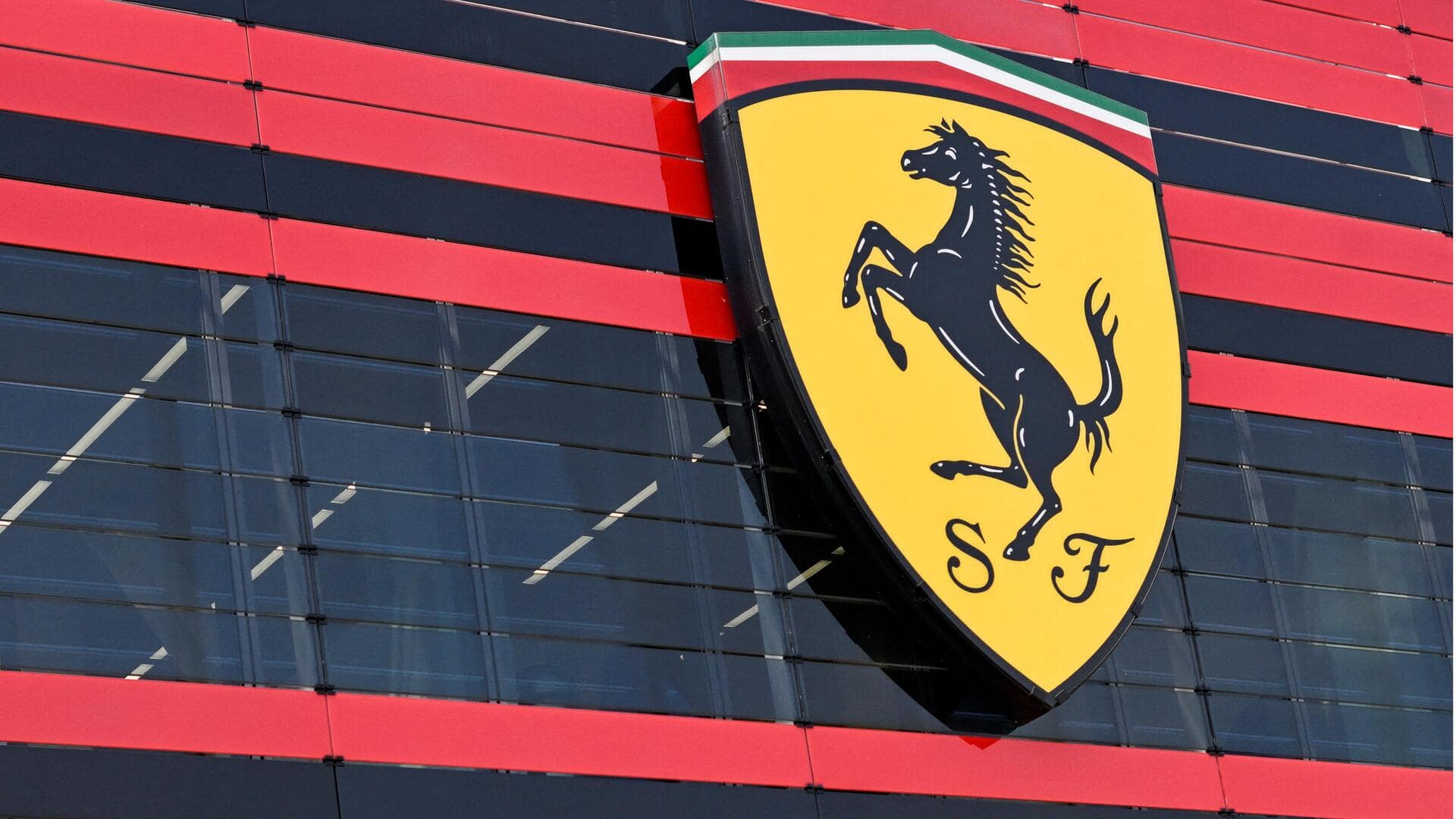
Ferrari to launch 20 new models by 2030
What's the story
Ferrari has announced an aggressive expansion plan, with plans to launch 20 new models between 2026 and 2030. This means an average of five new cars every year from the iconic Italian carmaker. The ambitious strategy comes despite the fact that Ferrari sold a record high of just 13,752 units in all of 2024.
New launches
What to expect from Ferrari's upcoming models
Among the new launches, Ferrari's first electric vehicle (EV), the "Elettrica," has already been confirmed. An updated version of the 296 is also expected, along with a plug-in hybrid version of the Purosangue SUV. The platform of this model supports electrification, making it a likely candidate for hybridization. Open-top variants of Amalfi and F80 are also on the cards.
Business approach
CEO assures that exclusivity will remain a key focus
Despite the ambitious plan to launch 20 new models by 2030, Ferrari's CEO Benedetto Vigna has assured that exclusivity will remain a key focus. He said it's "better to have more models with limited volume than a few models with higher volume." This strategy is part of Ferrari's "product diversification strategy" aimed at attracting a wider range of buyers without compromising its prestige.
Market performance
A record number of active clients
Ferrari currently has some 90,000 active clients, or customers who have bought a car in the last five years. This is a whopping 20% increase over 2022. In the same period, more than 32,000 people became first-time Ferrari owners. Collectors also now hold about 20% more cars than before, proof that business is thriving.
EV plans
Ferrari revises its EV strategy
Ferrari has also revised its EV strategy, cutting its 2022 target of having 40% of its lineup be electric by the end of the decade. The new plan is to have 40% hybrids, 40% pure combustion-engine models, and only 20% EVs by 2030. This comes as a response to slower-than-expected adoption rates for electric vehicles across the automotive industry.